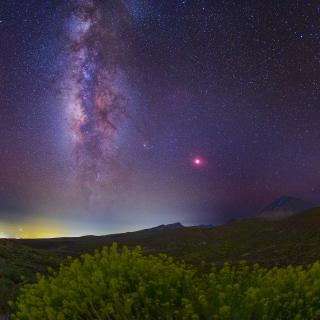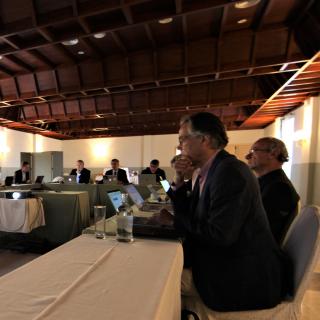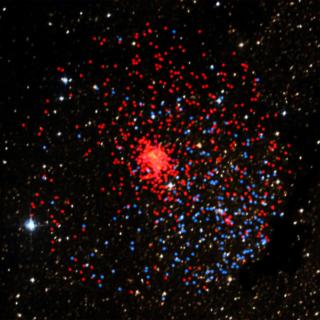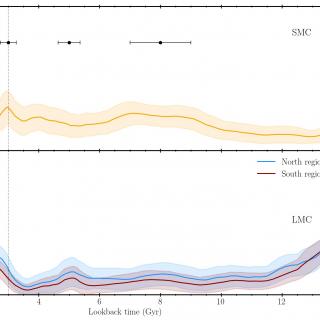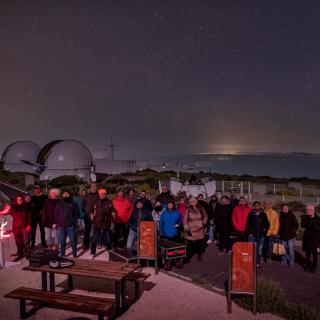
El sábado 4 de junio tuvo lugar la primera visita organizada por este programa, que tiene como objetivo fomentar la participación de la ciudadanía en la actividad del Instituto de Astrofísica de Canarias (IAC), dando a conocer su investigación y desarrollo tecnológico. 25 miembros del programa "Amigos del IAC" fueron seleccionados del total de inscritos en la actividad para visitar las instalaciones del Observatorio del Teide (Tenerife) de la mano del equipo que gestiona el programa "Amigos del IAC". Durante su visita, accedieron al interior de varias instalaciones astronómicas y
Advertised on
